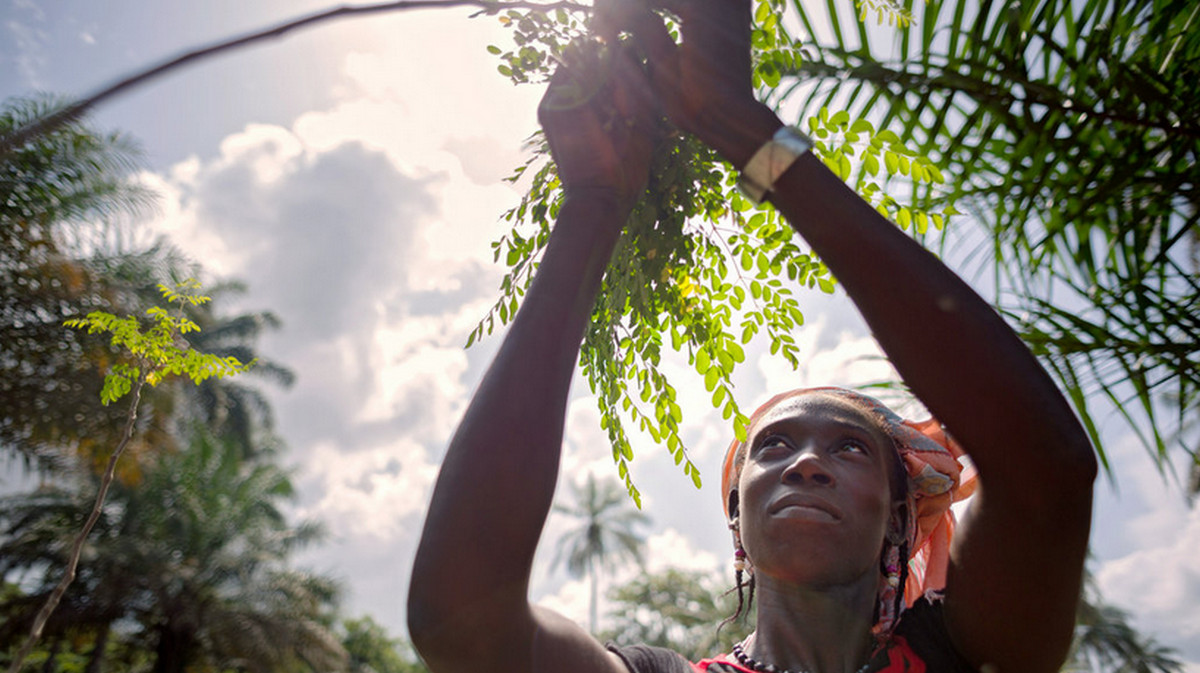WHAT’S THE WAY FORWARD?
This article by Lydia Lehlogonolo Machaka, CIDSE Climate Justice and Energy Officer was originally published in the issue N°22 of the Magazine of the Portuguese NGDO Platform “What future for EU-Africa relations” (June 2021. (Portuguese version).
The severity of climate change’s impacts is increasingly clear, particularly in Africa, one of the most impacted regions, despite contributing the least to its causes and having few resources to adapt. Yet, the attention within the EU-AU partnership is focused on Europe’s needs rather than Africa’s. Against this backdrop, fair and bold transformative solutions worldwide are urgently needed to allow the EU to meet its climate and green agenda and genuinely support Africa to achieve its development goals through renewable energy sources to thrive while inspiring others. But what are the key steps to take to achieve climate justice? Here are some lessons.
The EU’s domestic climate action ambition has significant implications for climate impacts in Africa. Climate change adversely impacts health, including mental health. It has recently been linked to the emergence and spread of new infectious diseases such as COVID-19. The greater the global warming, the greater the inability to effectively recover and adapt from climate and health risks. To act justly and effectively, the partnership should firmly stay committed to the Paris Agreement’s key principles of Common but Differentiated Responsibilities and Respective Capabilities (CBDR&C).
Secondly, recognising the true value and respect for nature is central to addressing the root causes of the problem and finding solutions that promote a unifying and profoundly transformative climate justice action in EU-Africa relations. In African worldviews and religions, nature is a sacred gift from God and a source of life. It consists of a complex, yet harmonious coexistence of interdependent community life where plants, animals and humans have intrinsic values, spiritual existence, and unique purpose at any given time. Africa’s survival, cultural identity, language, dignity, and sense of belonging, as well as people’s wellbeing, hinges therefore on nature’s wellbeing. All other parts of this ecological system will sadly deteriorate or die as some of its parts currently perish, be it a part of the ecosystem or a group of people with their culture, identity, and way of life. Hence Africa’s reverence, respect, and care for the land remains a central and eternal responsibility and offering in return to all life on earth and beyond.
Furthermore, according to African traditional knowledge systems, no part of nature, particularly land and water, should be commodified nor treated as individual possessions. They are an indigenous and local source of life, nutrition and health, medicine, ritual, and celebration. Therefore, respect for such spiritual foundations is a sacred and essential action to be safeguarded in its own right at all times. Investments for Africa’s climate action should prioritise and protect Africa’s interests, cultural heritage, and wellbeing. In addition, indigenous knowledge contributes significantly to climate and recovery policies and the UN Sustainable Development Goals and cannot be marginalised.
Next, low investment in climate finance limits Africa’s climate action. The energy sector, particularly power generation sources that are heavily fossil-fuel based, is the largest source of energy-related CO2 emissions globally. The EU-Africa partnership should co-design and implement concrete measures to phase out fossil fuels reliance and equitably switch to decentralised systems powered by 100% renewable energy sources by 2030. To effectively recover and achieve policy coherence to meet the Paris Agreement’s (PA) 1.5°C target and the Sustainable Development Goals (SDGs) goals, a transition like this must be urgent, sustainable, fair, inclusive, and transparent, embracing diversity, human rights, and gender equality. Africa has an abundance of renewable energy resources that must be harnessed to meet the rising energy demand and provide decentralised and affordable energy access for its communities. The EU-Africa partnership should achieve transformational and systemic changes in climate finance, and energy generation, efficiency, distribution, consumption and support, as well as other sectors.
The next EU-AU strategy also demonstrates a very narrow understanding of innovation by focusing on technologies and digitalisation without paying adequate attention to potential impacts on local communities. Not all mitigation measures are beneficial to the environment, health and wellbeing. For example, among others, the significant use of biofuels could reduce the amount of land available for agriculture, creating food insecurity and worsening poverty.
Furthermore, putting the SDGs and the PA at the heart of the EU-Africa Partnership is a positive step towards addressing the continents’ most pressing challenges. However, the foundation of the partnership is still based on a massive institutional power imbalance. The partnership promotes prosperity, but Africa’s reality over decades of cooperation demonstrates immense poverty[1].
It is also striking how agriculture and land issues are not prioritised. The rural economy has long been recognised as a critical driver of poverty reduction, and Africa’s vast diversity necessitates context-specific locally driven solutions, and food systems approaches such as agroecology. However, the current strategy has instead focused on creating a favourable environment for large-scale and industrial agriculture promoting monocrop production and causing harm to Africa’s ecosystems and health, denying locals of their land rights.
Finally, urgent transformative policies are needed to rebuild societies capable of addressing the climate and health crises through economies that truly put people and the planet before profits. Several European companies, while prioritizing profits above social or environmental concerns, have proved incapable of ensuring respect for nature, human dignity and human rights, and have negatively affected the lives of millions of African citizens through exploitation, pollution, land-grabs, evictions, silencing, and assassination of indigenous peoples.
In the truest sense of climate justice, these abuses must end and those affected must be compensated.
Photo credit: Joe Saade / UN Women
[1] See a joint statement by a very broad alliance of African secular and faith-based CSOs in an informal platform which they call “Our Land is our Life”.

